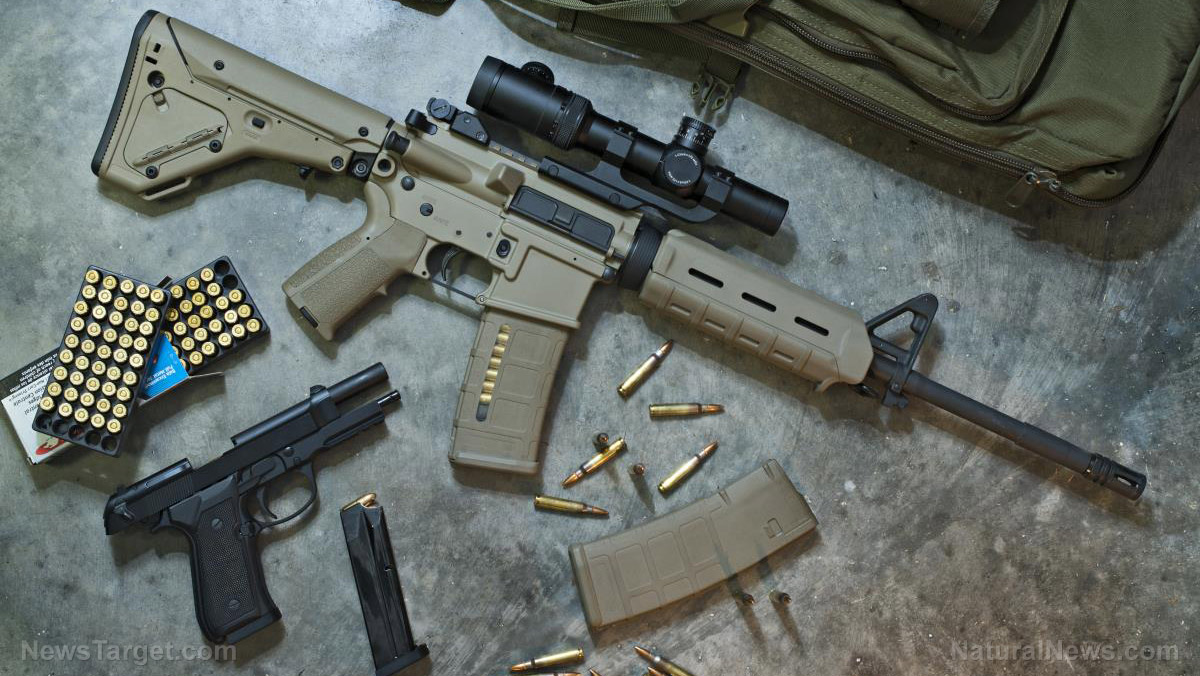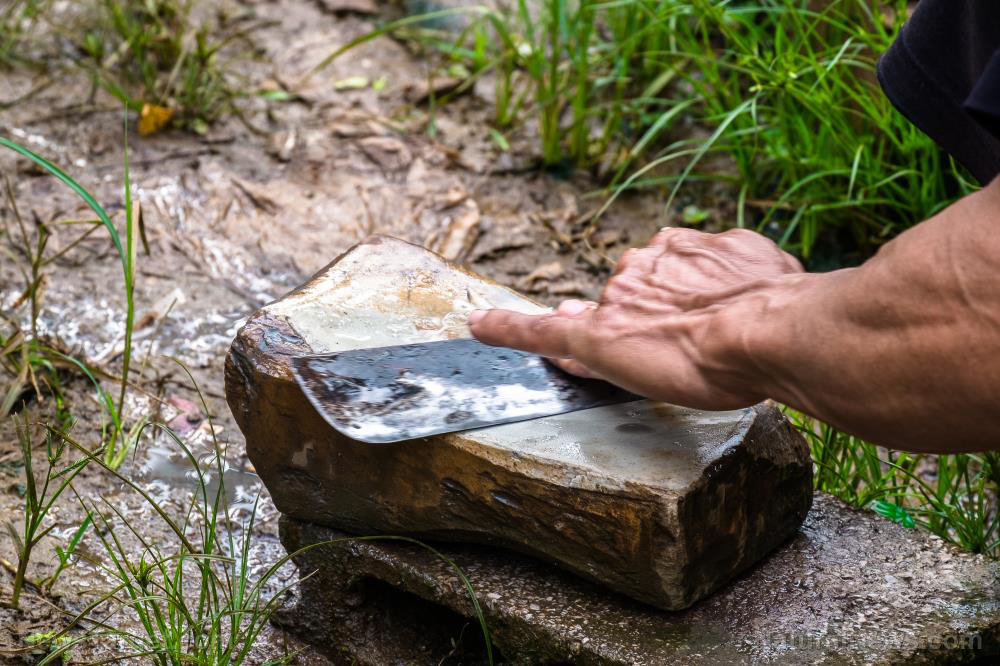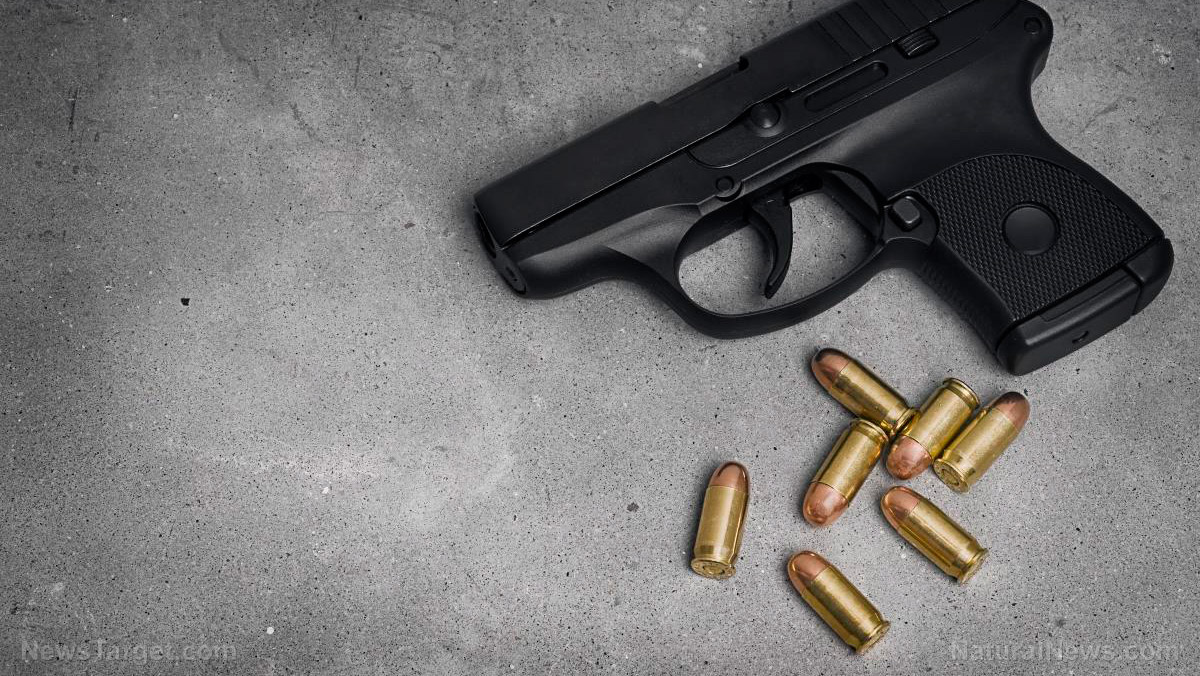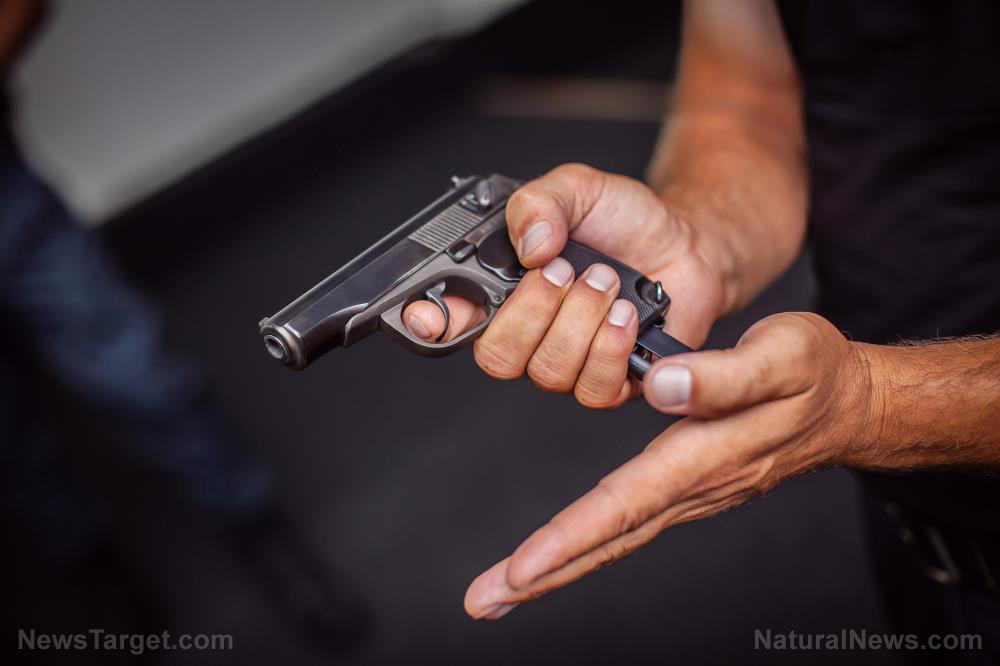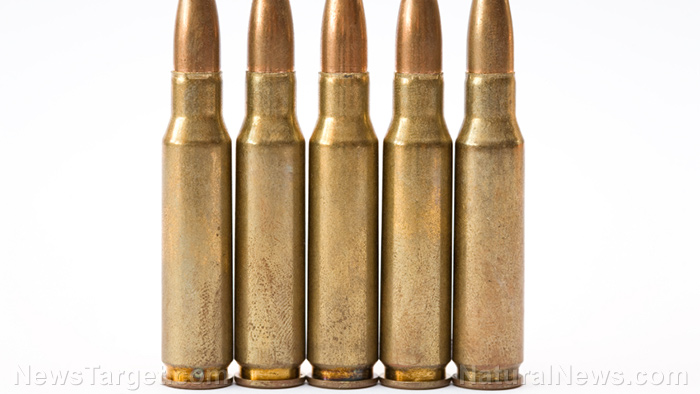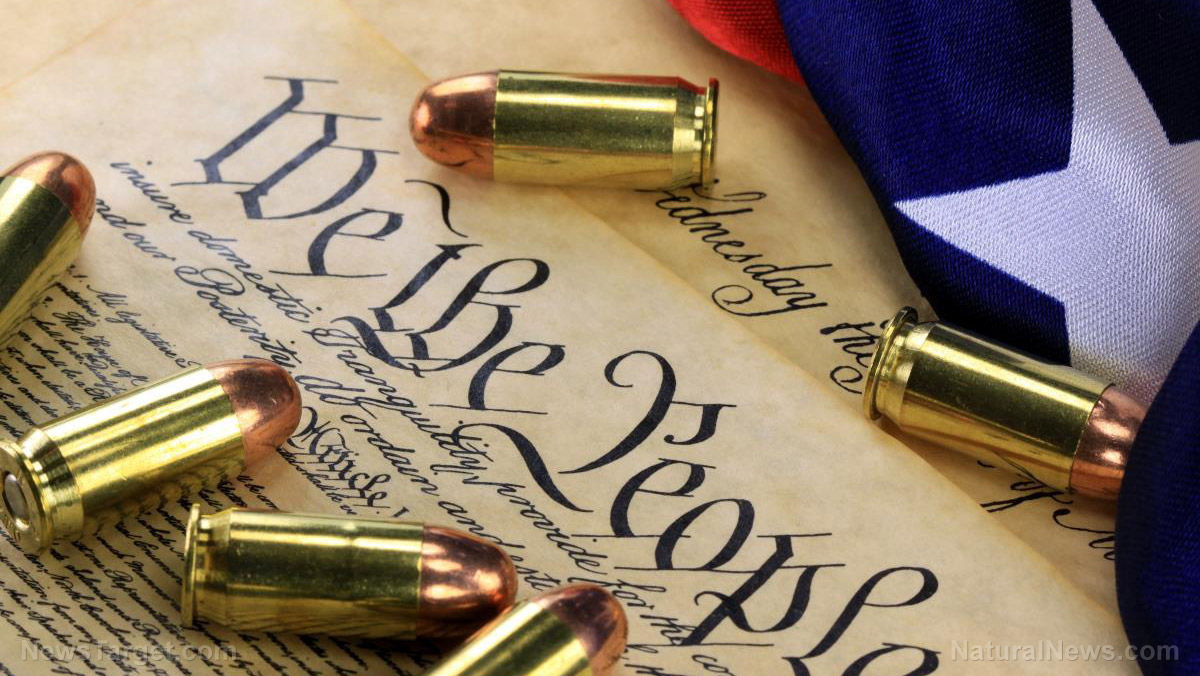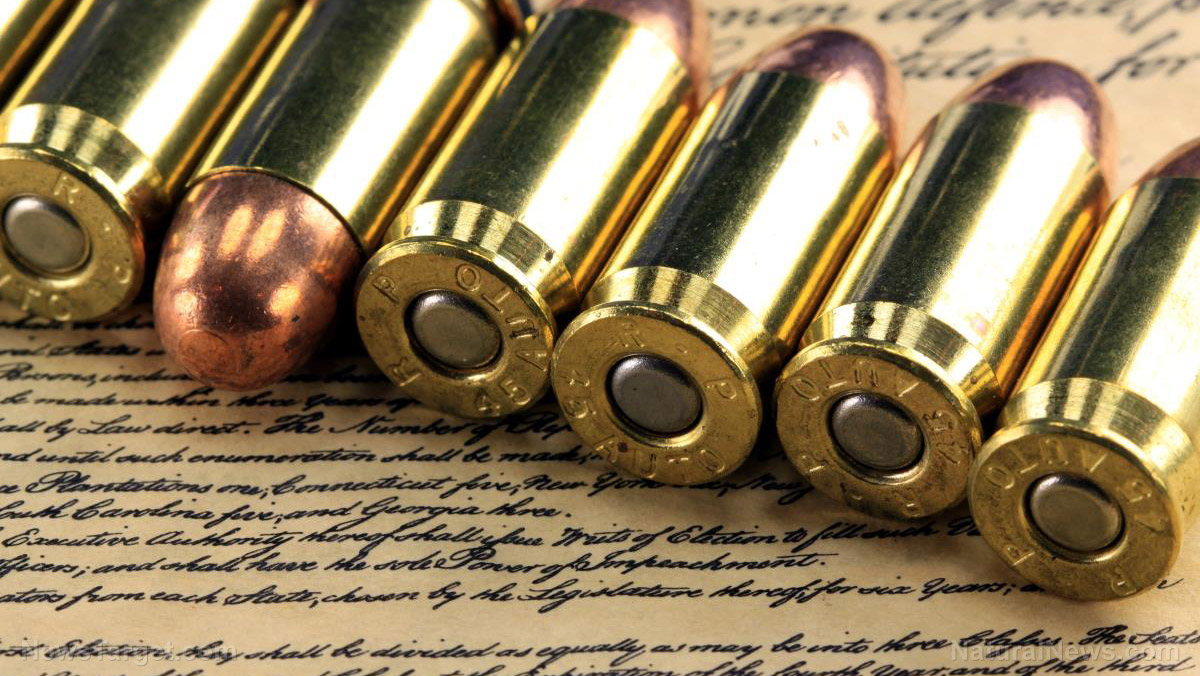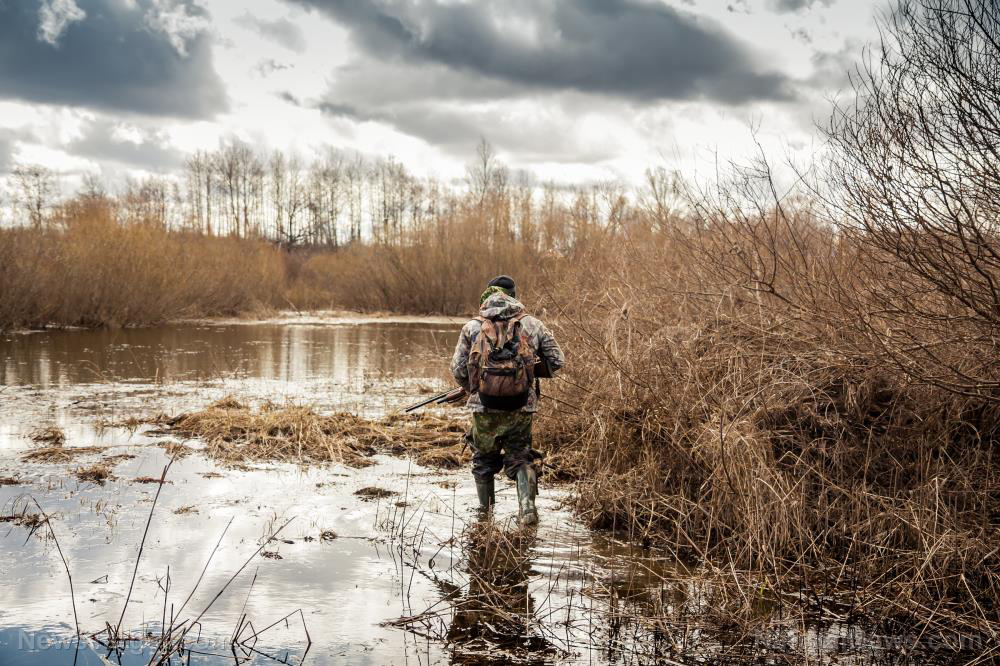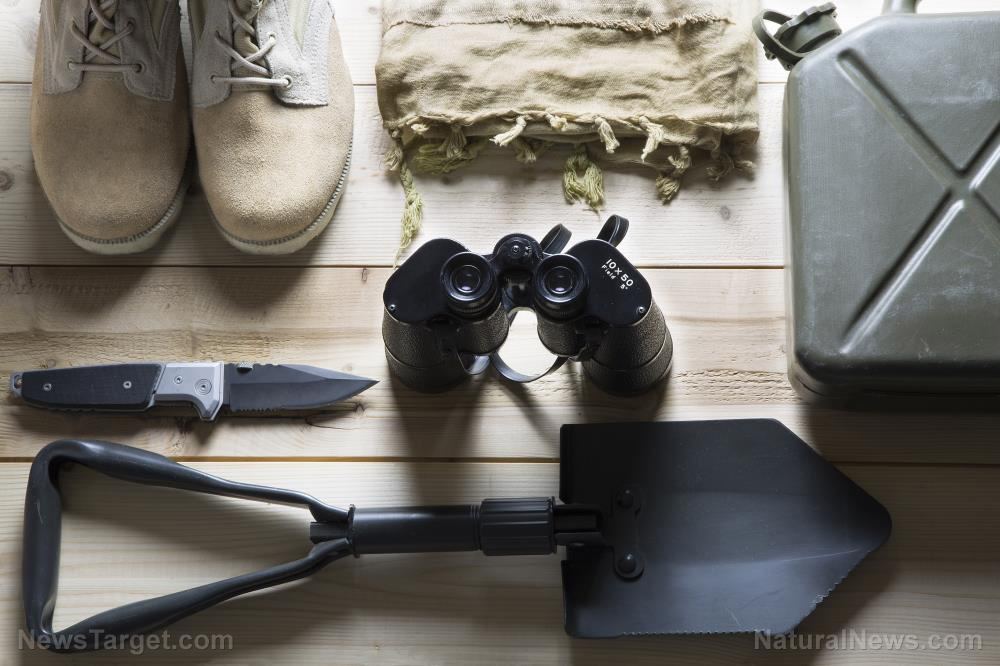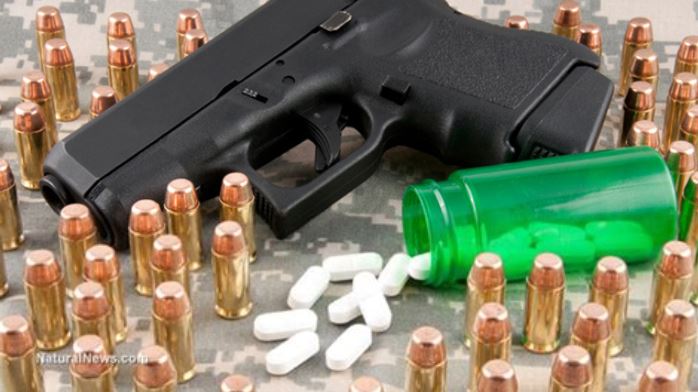When faced with a conflict, here are the first things you should do
09/30/2019 / By Zoey Sky

Most preppers carry firearms or non-lethal self-defense weapons. However, a good prepper knows to only use weapons as a last resort when trying to resolve conflict. Remember to keep a cool head in a crisis. (h/t to SurvivalSullivan.com)
When disaster strikes, no prepper goes out of his way to start trouble or get noticed by people with ill intentions.
Even if you’re well-armed and physically fit, withdraw from a confrontation to avoid unnecessary injuries or loss of life. This doesn’t make you a coward — you’re simply focusing on your main objective, which is to survive.
Preppers with families of their own know how important survival is. Avoiding conflict is crucial because your family and survival group are depending on you.
If you’re forced to face an attacker, make it your goal to end the fight with the least amount of financial, physical, or social damage.
Remember, the best way to avoid getting involved in a shootout or becoming a victim is to avoid the shootout altogether. This may not always be possible, but it must be the first thing to consider. Remain observant, and keep an eye on people who are acting strange or those who seem nervous when they have no reason to be.
Unlike the movies, this is real life and wannabe heroes don’t always escape unscathed. A firearm is a reassuring weapon to have, but you must use it responsibly and as the last option for avoiding conflict.
Plan A: Avoidance
Being observant can help you avoid potential threats. Pay attention to everything you see and hear, especially in a crowded or public place.
Paying attention to your surroundings is one of the best ways to protect yourself from criminals. Most criminals target easy prey – people who are alone, distracted, or not particularly threatening.
People in a transitory space, like someone exiting a car or leaving a building, are more vulnerable since they’re often preoccupied while transitioning. This highlights the importance of leaving your phone in your pocket or purse and being alert while you’re on the move.
When using avoidance for self-defense, it is important to act immediately. If something seems strange or you have a gut feeling about a stranger, leave.
Don’t make a scene, especially if you’re in a public place (like the mall) with someone. Use a code word or phrase that you and your partner know by heart to avoid confusion.
Always think ahead and heed the alarm bells going off in your head.
Plan B: De-escalation
To de-escalate a situation before it begins, use body posture, verbal skills, and preemption. These skills require practice and a calm demeanor.
If you’re alone, don’t let a stranger approach you. Once they’re in your space, it’s highly likely that you’ll suffer damage if they attack you. If this happens, what can you do to de-escalate the situation? Challenge them and ask them to keep their distance. Doing so gives you a chance to observe their reactions. If they react negatively, be on alert.
If they seem genuinely confused, maintain eye contact and say “I can’t help you.” If they stop and ask for your help again, they’re either buying time for their accomplice or truly in need of assistance.
Whether you decide to lend a hand or keep away, pay attention to your surroundings.
Plan C: Intermediate force
If someone unarmed threatens to beat you up, use your own fists, feet, a pepper stray, or other non-lethal weapons. A well-aimed punch or kick should be enough to get them off your back without any major lasting harm. Use plan C to avoid a scuffle.
Plan C is the best method for common scenarios, such as:
- A potential fistfight.
- Being confronted and harassed by a group.
- Someone acting irrationally or those who seem mentally ill, but only if they are violent.
As a concealed carrier, learn how to use your weapon before you fire it. Another effective option for intermediate force is hand-to-hand combat skills.
Plan D: Lethal force
When facing any threat, use lethal force only when absolutely necessary. It’s impossible to predict every threat that you may face, but lethal force must be your last resort.
Knowing when to use plans A to D and making split-second decisions without panicking is an essential prepper skill that you must practice at all times.
Ethics in a post-SHTF scenario
There’s nothing wrong with being helpful, even in a post-collapse world. But before you lend a hand to strangers, inform them of your boundaries.
Keep them at a distance, but let them know that you will help as best as you can. When the other person insists on encroaching on your personal space, put up a fight. At this point, attackers may change their mind and move on to easier targets.
When forced to defend your life with a lethal weapon, make sure that your actions are justifiable in court. Otherwise, you may be locked up because of an itchy trigger finger.
A responsible prepper is ready for anything and their survival skillset is well-thought-out, from avoidance to lethal force.
Sources include:
Tagged Under: attack, avoidance, bug out, chaos, Collapse, conflict, de-escalation, disaster, emergency, firearms, guns, how-to, intermediate force, lethal force, nonlethal weapon, panic, preparedness, prepper, prepping, relationships, self-defense, self-reliance, shooting, SHTF, situational awareness, survival, survival skills, Survival Tips, threat
RECENT NEWS & ARTICLES
COPYRIGHT © 2018 SELFDEFENSE.NEWS
All content posted on this site is protected under Free Speech. SelfDefense.news is not responsible for content written by contributing authors. The information on this site is provided for educational and entertainment purposes only. It is not intended as a substitute for professional advice of any kind. SelfDefense.news assumes no responsibility for the use or misuse of this material. All trademarks, registered trademarks and service marks mentioned on this site are the property of their respective owners.

